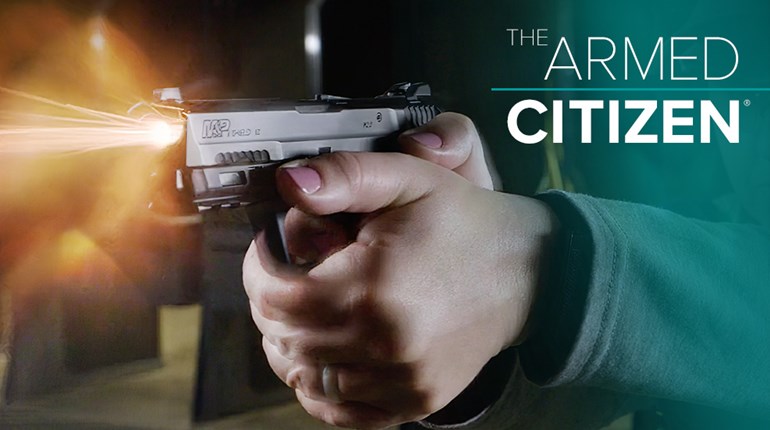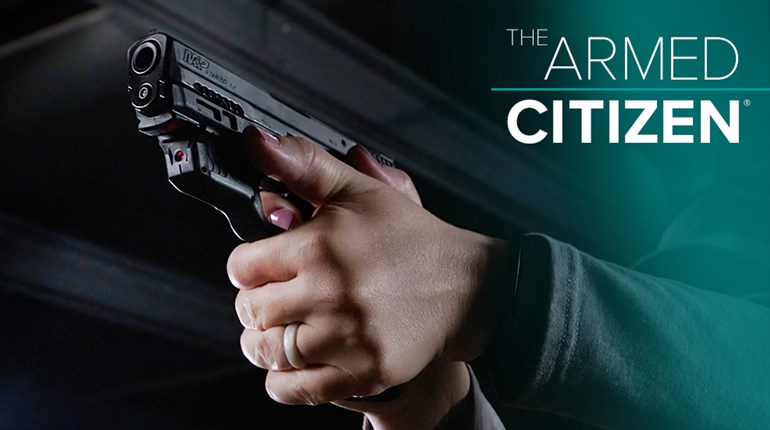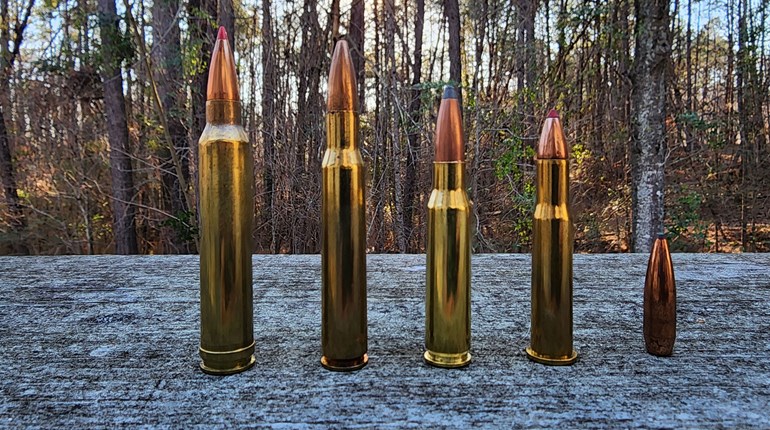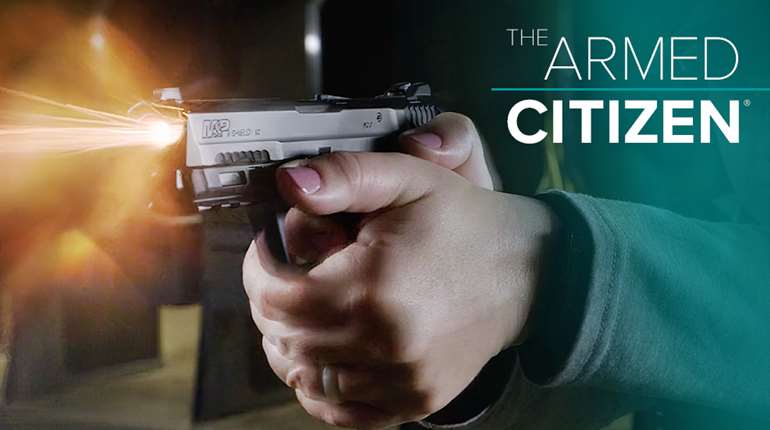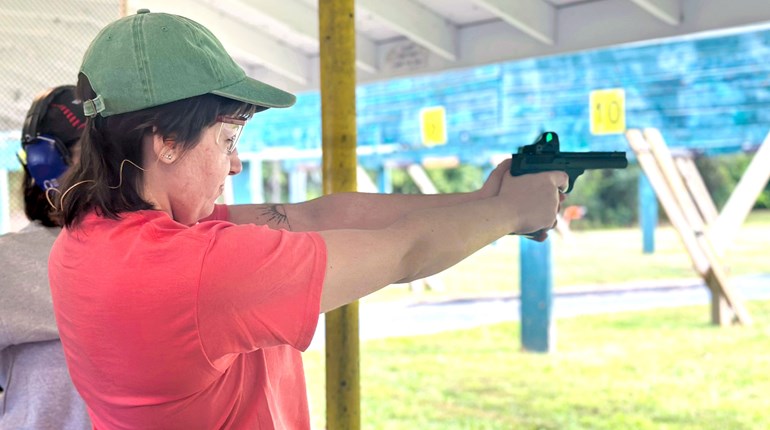
The idea of “women’s intuition” is often talked about as if it’s some mythical, magical thing—but it’s not fiction. It’s absolutely real. Author Gavin DeBecker refers to it as “the gift of a brilliant internal guardian that stands ready to warn you of hazards and guide you through risky situations.” Men, women and maybe even animals have intuition, but women are generally more attuned to it because we use it more. As the more physically vulnerable sex, we’re forced to use it more often to keep ourselves safe.
You know when you get that creepy feeling about a person and you can’t put your finger on why, but you’re sure something about them is dangerous? That’s not magic. Intuition isn’t all that mysterious. Deep in the recesses of your brain, neurons are firing and putting together context clues that you might not even be consciously aware of. When the clues add up to “danger,” you get that something’s-not-right-here feeling. Listen to it. You don’t need to stop and try to figure out where it’s coming from.
“We’re trying to analyze the warning signs,” DeBecker says. “And what I really want to teach today and forever is the feeling is the warning sign. All the other stuff is our explanation for the feeling. Why it was this, why it was that. The feeling itself is the warning sign.”
We can become socially conditioned to distrust our feelings and ignore our intuition, but this is a mistake. “Every day, people engaged in the clever defiance of their own intuition become, in mid-thought, victims of violence and accidents,” DeBecker writes in his excellent book, The Gift of Fear. “A woman could offer no greater cooperation to her soon-to-be attacker than to spend her time telling herself, ‘But he seems like such a nice man.’ Yet this is exactly what many people do. A woman is waiting for an elevator, and when the doors open she sees a man inside who causes her apprehension. Since she is not usually afraid, it may be the late hour, his size, the way he looks at her, the rate of attacks in the neighborhood, an article she read a year ago—it doesn’t matter why. The point is, she gets a feeling of fear. How does she respond to nature’s strongest survival signal? She suppresses it, telling herself: ‘I’m not going to live like that, I’m not going to insult this guy by letting the door close in his face.’ When the fear doesn’t go away, she tells herself not to be so silly, and she gets into the elevator. Now, which is sillier: waiting a moment for the next elevator, or getting into a soundproofed steel chamber with a stranger she is afraid of? The inner voice is wise, and part of my purpose in writing this book is to give people permission to listen to it.”
But listening to your intuition is only one part of the equation. If you are ever in a dangerous situation you can’t get out of and you’re forced to use deadly force to defend yourself, you might have to justify your actions later in court, and “I had a funny feeling about him” isn’t going to cut it. Acting on your intuition, even if you couldn’t put your finger on exactly why you felt that feeling, might save your life in the moment, but later, you’ll need to be able to articulate the actual clues that your brain added up to give you that funny feeling.
Think back on what happened and try to recall details. What was it about the bad guy, his behavior, his mannerisms, his language and his appearance that tripped your “danger” signal? What was it about the location, the time of day, the presence or absence or other people, the landscape or something else that made you feel unsafe? What prior experiences have you had with similar people, places or circumstances? What did you see? Smell? Hear? What did you not see?
Under the law, depending on the state, you generally have to demonstrate four basic truths in order for your actions to be considered self-defense:
- You were faced with an unprovoked attack.
- You faced imminent harm.
- You responded with appropriate degree of force.
- You had an objectively reasonable fear of harm.
You can read more about these in this article, and you can also study up about the AOI (ability, opportunity, intent) threat assessment model. Putting together the context clues and viewing them in light of a good threat assessment model like AOI can help you consciously connect the dots that your subconscious brain connected in the moment—you’ll be able to see where that intuitive feeling came from. More importantly, you’ll be better able to articulate it to the police, your lawyer, a jury or whoever else you’re forced to justify your actions to.
“Intuition is always right in at least two important ways,” DeBecker says. “It is always in response to something, and it always has your best interest at heart.”
Trust your intuition and don’t be afraid to act on it. But at the same time, perhaps after the fact, be sure you recognize and can articulate that “something” the intuition was responding to.












